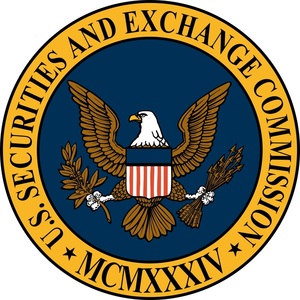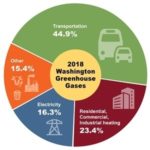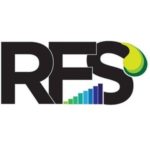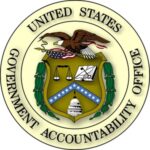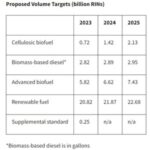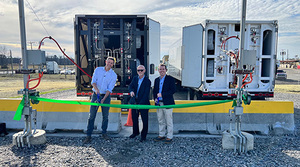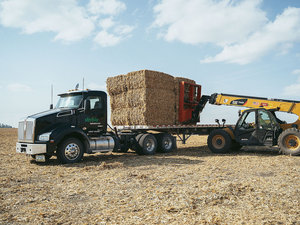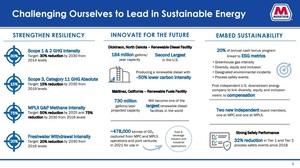Biofuel, ag groups comment on SEC climate disclosures rulemaking
Energy Disrupter
ADVERTISEMENT
Growth Energy, the Coalition for Renewable Natural Gas, the National Corn Growers Association, and American Soybean Association are among the ag and biofuel groups that have weighed in on a U.S. Securities and Exchange Commission proposed rule that focuses on climate-related disclosures.
The SEC in April released a proposed rule titled “The Enhancement and Standardization of Climate-Related Disclosures for Investors.” According to the SEC, the proposed rule would require registrants to include certain climate-related disclosures in their registration statements and periodic reports, including information about climate-related risks that are reasonably likely to have a material impact on their business, results of operations, or financial condition, and certain climate-related financial statement metrics in a note to their audited financial statements. The required information about climate-related risks also would include disclosure of a registrant’s greenhouse gas (GHG) emissions, which the SEC said have become a commonly used metric to assess a registrant’s exposure to such risks.
One provision included in the proposed rule would require a registrant to disclose information about its direct GHG emissions (Scope 1) and indirect emissions from purchased electricity or other forms of energy (Scope 2). In addition, a registrant would be required to disclose GHG emissions from upstream and downstream activities in its value chain (Scope 3), if material or if the registrant has set a GHG emissions target or goal that includes Scope 3 emissions.
The NCGA and ASA partnered with the American Farm Bureau Federation and eight other ag groups to submit comments on the proposed rule. In those comments, the ag groups warn than the rule’s Scope 3 provisions would place an expensive, unreasonable burden on small and mid-sided farmers. “While farmers and ranchers would not be required to report directly to the SEC, this regulation would impose additional burdens as they provide almost every raw product that goes into the food supply chain,” the AFBF said in a statement.
“Farmers and ranchers are committed to feeding America’s families while protecting the resources they’ve been entrusted with,” said Zippy Duvall, president of the ABFA. “We’re doing this through voluntary, market-driven incentives, but this proposed rule threatens that progress.
“Family farms don’t have teams of compliance officers and attorneys to respond to Wall Street,” he added. “Higher costs could keep small farms from doing business with publicly traded companies, which could lead to more consolidation and fewer farmers at a time when the world is increasingly calling on rural America to meet the needs of hungry families.”
Growth Energy’s comments focused on the calculation of biofuel GHG emissions. “The proposed rule would require many public companies to calculate and disclose GHG emissions from throughout their entire supply chain and production cycle,” Growth Energy said in its comments. “How obligated parties calculate the GHG emissions associated with biofuels in their supply chains – and the modeling and data those parties rely on – could significantly impact the biofuels industry and the critical role that biofuels can play in addressing climate change. It is therefore important that these disclosures are accurate and based on the most updated lifecycle emissions science.
“We expect that many obligated parties will be looking for guidance in characterizing biofuels’ GHG emissions for the purposes of their GHG disclosure obligations,” Growth Energy continued. “The SEC should ensure that obligated parties use the best available science in calculating these emissions. In particular, the best available and most recent science–including studies published by the Department of Energy’s Argonne National Lab and the U.S. Department of Agriculture— demonstrate that the lifecycle GHG emissions of corn ethanol are substantially lower than a petroleum baseline, in the range of 39-46 percent lower. These results are bolstered by other studies, including the expert analyses of Environmental Health & Engineering, Inc. (EH&E) and Life Cycle Associates.”
The RNG Coalition submitted extensive comments to the SEC discussing the impact of the proposed rule on the RNG sector. “RNG Coalition generally supports efforts to promote and standardize reporting of climate related information so long as those efforts also provide companies with the tools they need to accurately account for GHG emissions and offsets,” the group wrote. “Because of the differences across economic sectors, we believe those tools are best developed through a collaboration of government, registrants, investors, and other stakeholders.
“Even if the SEC does not prescribe methodologies, we believe that increased transparency will lead to a convergence of methods based on what investors and the market find useful.
“However, while we appreciate the phase-in approach, safe harbor for certain emissions disclosures, and exemption from certain reporting requirements for smaller reporting companies, we encourage the SEC to further consider how to best transition to such complex new requirements before imposing significant potential liability on companies acting in good faith with respect to these types of disclosures,” the RNG Coalition continued.
A full copy of the proposed rule is available on the Federal Register website. Full copies of public comments the agency received can be downloaded from the SEC website.

